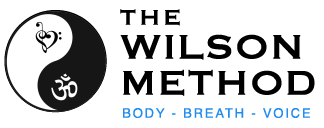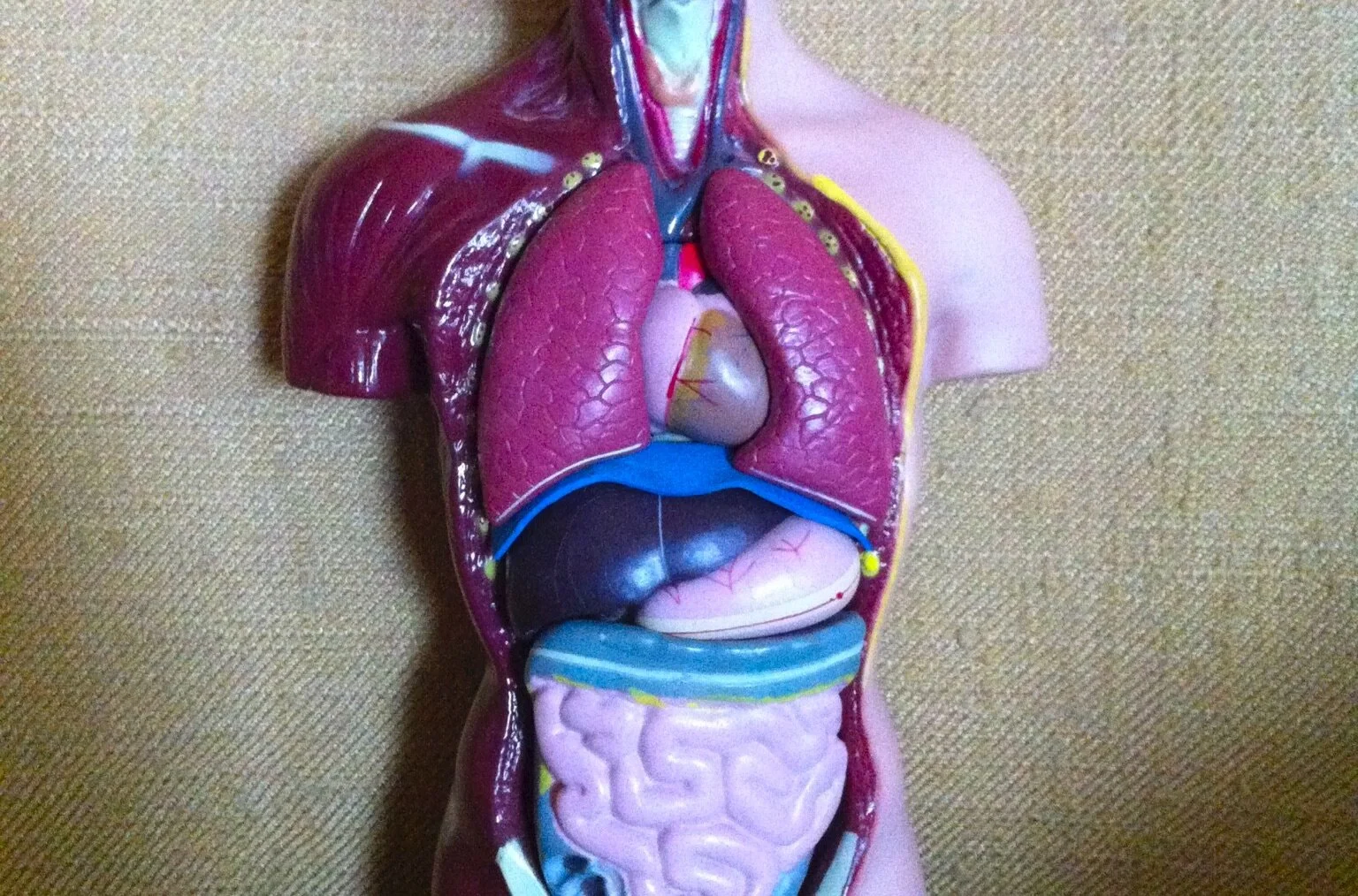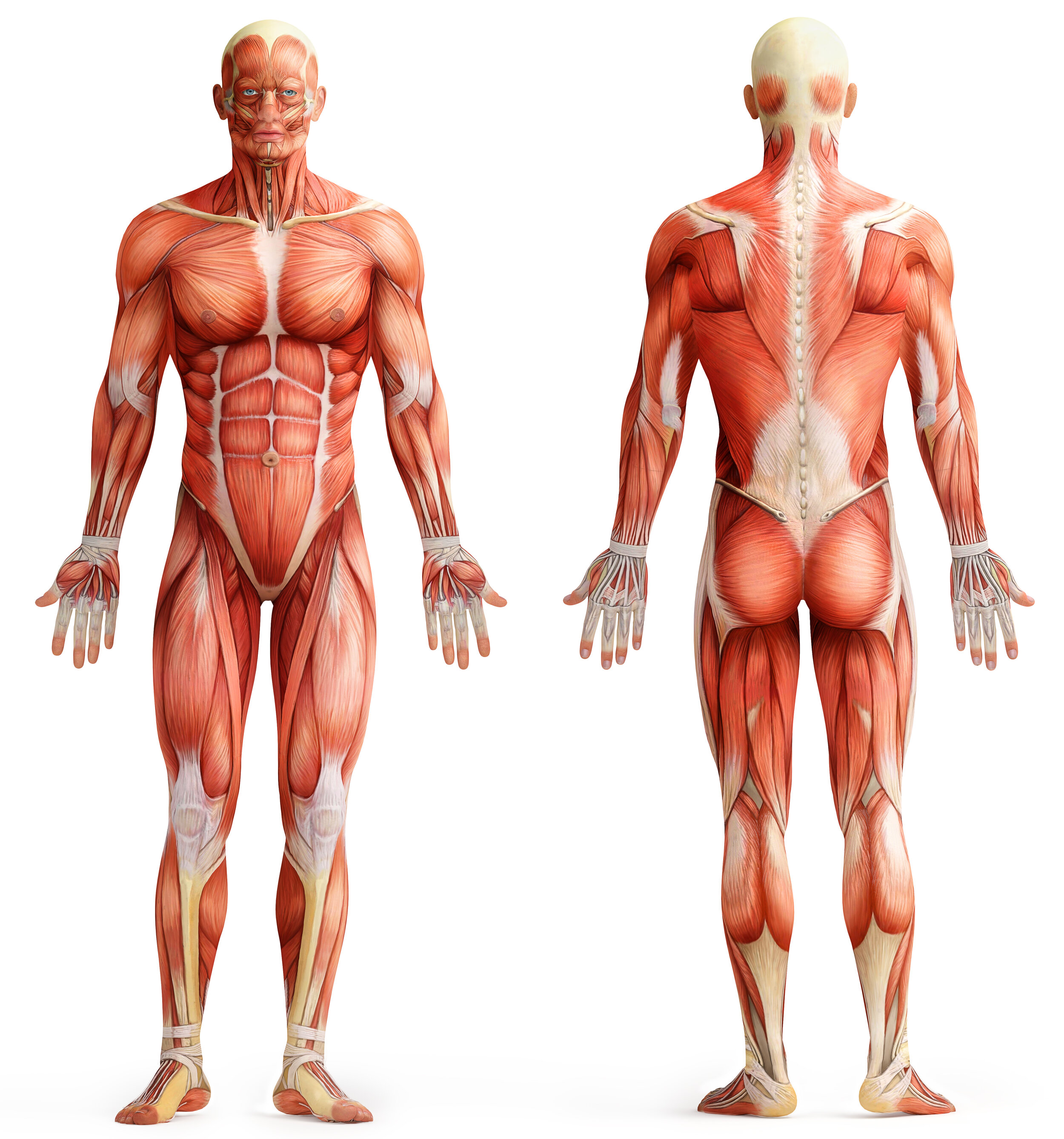The voice craves lower body activation. The natural response of our body as we act on an impulse to sing is to react with full-body activation. Singing is an athletic, full body act. The ecstatic joy of singing comes from and immersive experience - fully embodying our sound and engaging fully in what we are singing. Why do we sing? We sing because speaking will not convey the depth of emotion that we wish to express - speaking is not enough. Our feelings must be heightened, so we sing. And yet, in Western society this is so often not what happens. Our natural, engaged, full-body sound is being inhibited by years of over-thinking (doubt) and under-embodying (physical tension). We need to give ourselves permission to let go and drop in.
The mind-body-voice connection is a miraculous feat of engineering: If a primary function goes off-line there are backup systems available.
We see this in the brain and the heart - an injured portion of the brain moves its functions to another region of the brain, while the heart has “redundant” blood-flow valves if the primaries become clogged.
This is also the case with the vocal, respiratory and stabilization systems.
The Singing Voice demands the primary muscles of respiration and stability to be online - to be fueling vocal expression with breath, energy and power. If the feet, legs, hips, pelvic floor, psoas, serratus, QL, lower RA, TA, inner obliques and diaphragm are all firing, we have vocal power, joy and truth.
Lacking lower-body involvement, the brain goes into survival mode, forcing the upper-body muscles to take the load - a job for which they were not built. The primary reason we have shoulder, back, neck, jaw and tongue tension when singing is because the deep core is not doing it’s job. Our big muscles always lead the small muscles into action or non-action; shoulder, back, neck, jaw and tongue tension are symptoms of a lack of core function and efficacy.
We avoid or cut off our lower body for many reasons. Feeling more valued for our brain than body, physical vanity tummy-tightening, anxiety, misunderstanding core work, trauma...
All can be helped. Focussing on engaging the lower body is much more effective than symptom-stomping up top, as once we find that lower body stability, the upper costal muscles begin to let go.
Do you truly want to SING with your full body mind and spirit? Do you want to find you FULL VOICE that resonates your entire being?
Feel your feet into the floor. Find your legs and hips. Wake up your pelvic floor diaphragm so that it is moving in tandem with your thoracic diaphragm...
Sumos. Warriors. Wobble board. Diaphragmatic breath weightlifting. Respiratory therapy. Pelvic floor exercises. Shakes. The Wilson Method Breath Ball Massage Therapy. Whatever it takes to find your fully-embodied, joyful singing voice.






























